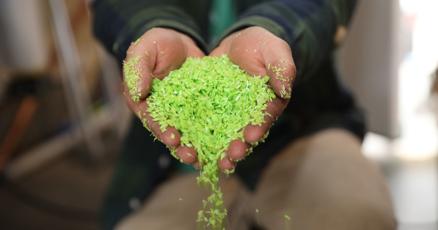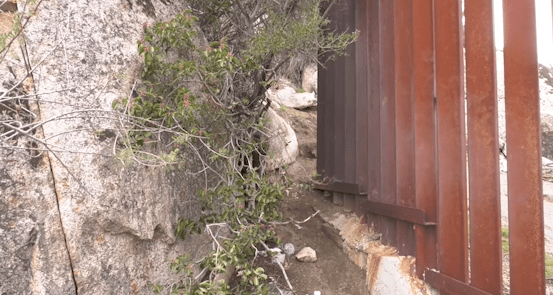Bat Massacre Sparks Outrage: Conservationists Slam Controversial Yucatán Extermination Plan

Wildlife conservation groups are urgently calling for an immediate stop to a controversial bat eradication program targeting cattle ranchers in the Yucatán Peninsula. The program, which aims to protect livestock by eliminating bat populations, has sparked intense criticism from environmental experts who argue that the initiative threatens critical ecological balance.
Conservationists warn that the indiscriminate killing of bats could have devastating consequences for the region's delicate ecosystem. Bats play a crucial role in maintaining environmental health, serving as key pollinators and natural pest controllers. By dramatically reducing bat populations, the program risks disrupting local biodiversity and potentially causing long-term environmental damage.
The organizations are demanding a comprehensive review of the current approach, advocating for more sustainable and scientifically-informed methods of managing livestock-wildlife interactions. They emphasize the importance of protecting both agricultural interests and the region's rich natural heritage.
As the debate intensifies, environmental advocates continue to push for alternative solutions that can protect cattle ranchers' economic interests while preserving the vital ecological role of bat populations in the Yucatán ecosystem.








